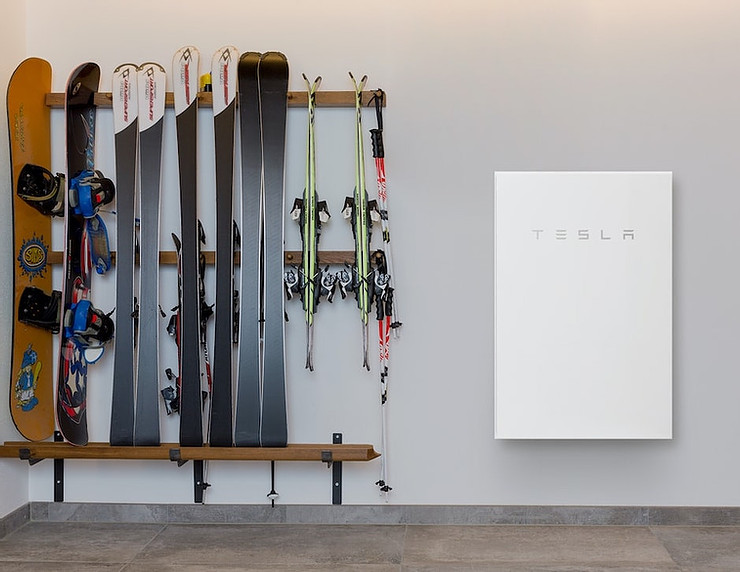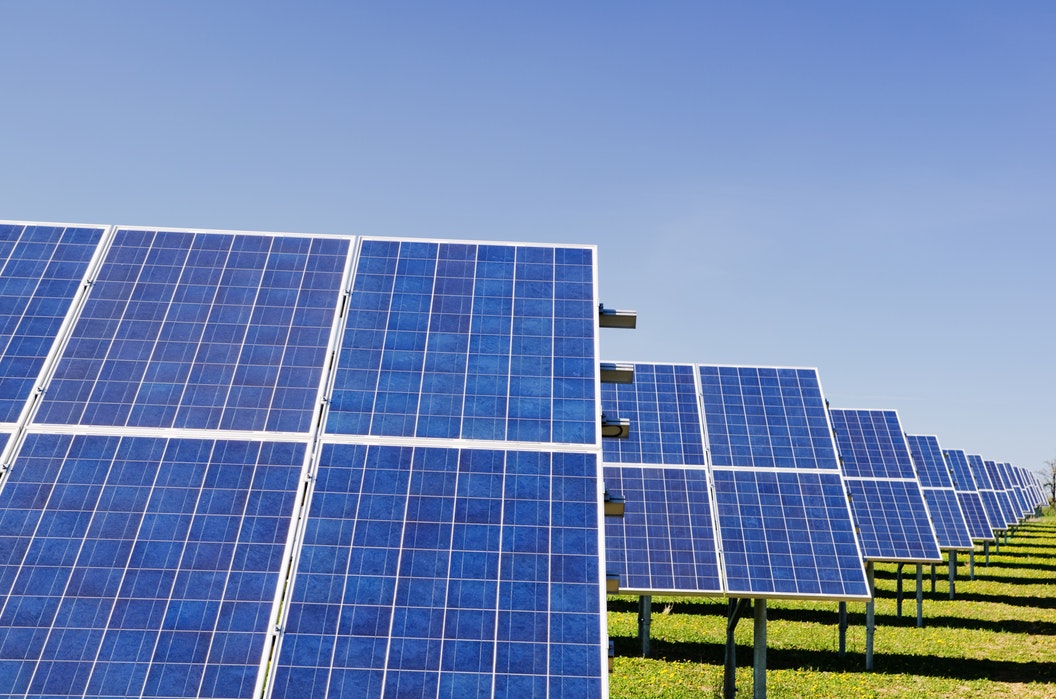
If you want to go solar on your New Hampshire home, there are several things you need to know. Find out about solar panels' cost, payback times, leasing options, tax credits, and other details. These details will help you decide if solar panels are right fit for your home. Check the regulations to install solar panels on your property.
New Hampshire cost of solar panels
New Hampshire homeowners can get financial incentives from federal government for investing in solar energy systems. Federal tax credit residents can receive up to 30% discount on their solar equipment You can also save thousands of money by getting local tax incentives for your solar installation. To find out what incentives are available in your region, use the solar panel calculator.
The price of solar installations varies depending upon the size of both the system and the home. You can get an estimate from a solar calculator and can also compare offers from other solar companies.

Period of payback
In determining whether solar energy systems make sense for homeowners, it is important to consider the payback period of solar panels. The basic formula is to divide the installation's total cost by the anticipated annual output. However, to calculate the payback period properly, more information is needed. A spreadsheet-style document will be provided by some solar contractors that pulls together information from many sources.
You can reduce your electric bill and make additional income by selling excess energy. In New Hampshire, the government has created a statewide rebate program, known as net metering. In this program, solar energy is sent to the utilities grid. This energy is then sent to the utility company, which credits your electric bill.
Lease options
New Hampshire leases solar panels have many advantages. First, you will be able to save 100% on your energy costs immediately without the need for loan payments. Additionally, you will receive the Federal 30% credit on your energy bills. If you're thinking about installing solar in your home but aren't sure how to proceed, you can always request a free solar energy consultation, which is 100% free!
Make sure to understand both the pros & cons of each option when deciding between buying or leasing. You will need to spend a lot of money upfront and solar panels are more expensive to buy. Leasing requires no down payment and allows you to take advantage of tax credits and rebates.

Tax credits
New Hampshire tax credits are a great tool to lower utility costs, offset the initial investment in a solar energy system, and take advantage of them. The state's utility commission offers a rebate scheme for residential electric generating systems. Under this program, any New Hampshire homeowner can receive up to $0.20 per watt of installed solar power. However, rebates are limited to a specific amount of money, usually $1,000. The rebate program is designed to save homeowners up 30% on the cost of their solar panel system.
In addition to tax credits, solar customers in New Hampshire can also take advantage of net metering. This program will allow the electric company monitor how much electricity you produce, and credit any excess to the next bill. Net metering lets the electricity company know when you're producing more energy than your consumption. New Hampshire has some great net metering laws. The state's fifth highest solar rebate is available to customers who are solar users. This rebate ranges from $750 per Kilowatt to $3750 per Kilowatt. Some local co-ops might offer additional rebates.